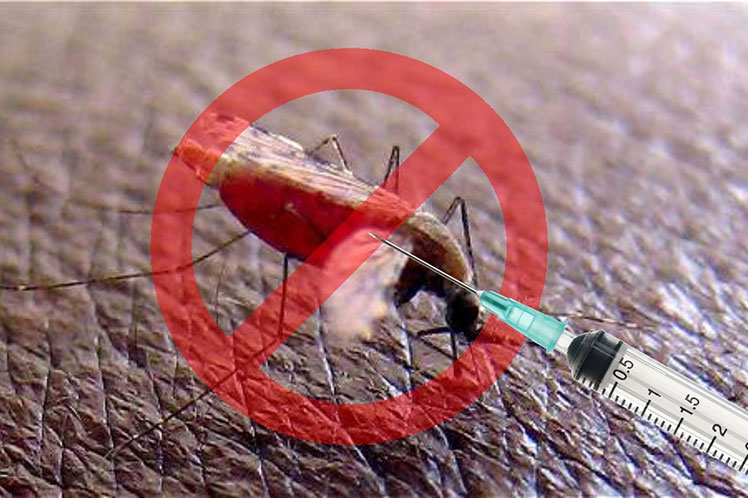According to the health entity, the product was developed in Africa by scientists from that continent and it should be the first immunization against a parasitic, non-viral disease. Its elaboration took more than 30 years.
The WHO recommendation comes after the vaccine was used in a two-year pilot program with more than 800,000 children in Ghana, Kenya and Malawi, which countries were thanked by the Director General of the organization, Tedros Adhanom Ghebreyesus, for their participation in the trials.
The head highlighted in a virtual press conference from the WHO headquarters in Geneva, that the program showed the innocuousness of the vaccine and did not stop despite the Covid-19 pandemic.
‘We learned that the vaccine is safe and significantly reduces cases of severe life-threatening malaria, and we estimate its cost to be affordable,’ he said.
Adhanom Ghebreyesus described the development as ‘historic’, stating that vaccination can save many lives.
‘The long-awaited malaria vaccine represents a breakthrough for science, child health and malaria control. Its use alongside existing tools to prevent the disease could save tens of thousands of young lives each year,’ he said.
The immunization development will be supported by GlaxoSmithKline drug company, the Bill and Melinda Gates Foundation and Gavi, an international vaccine alliance.
pgh/abo/acl/cdg









